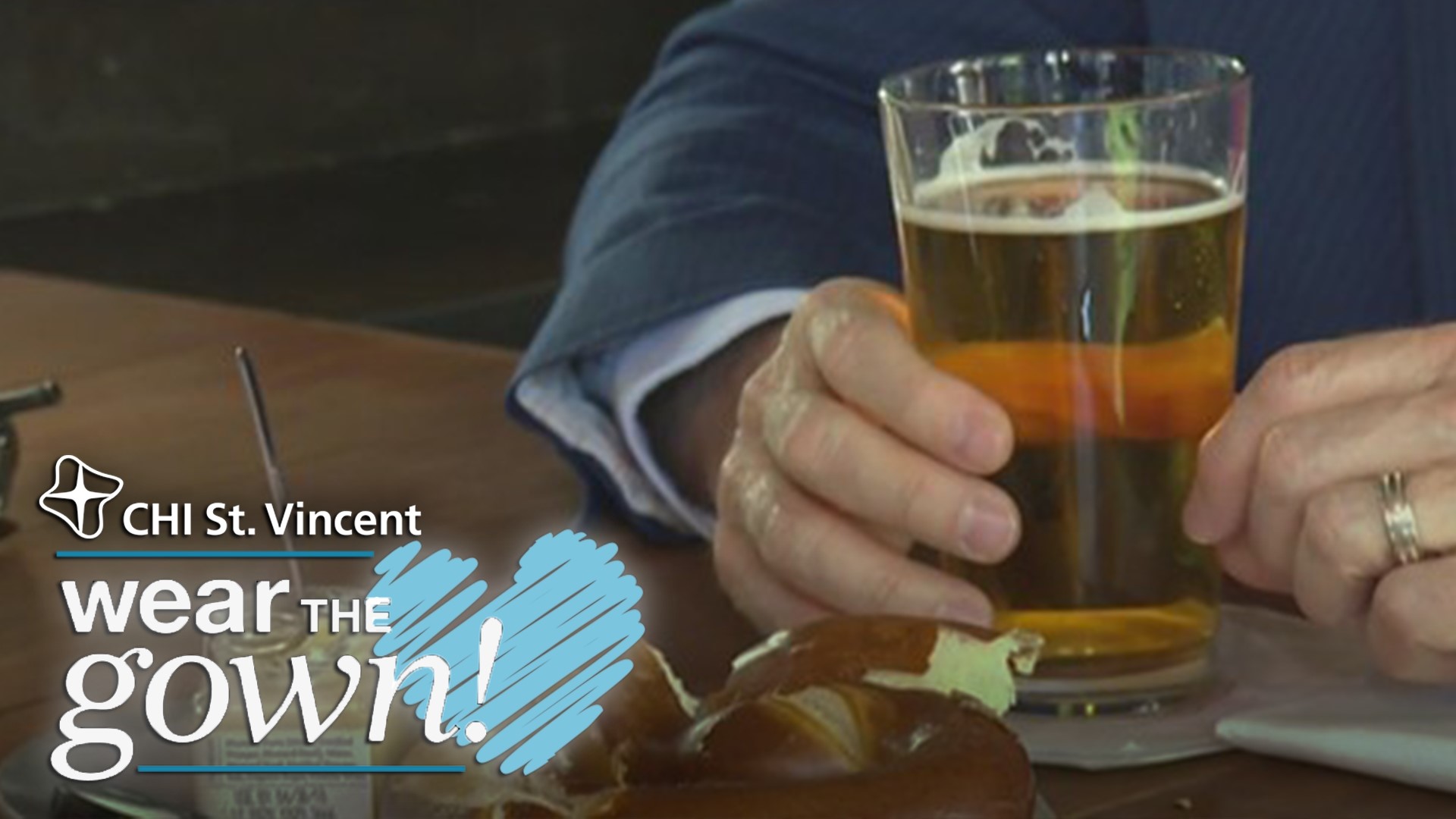LITTLE ROCK, Ark. — About every healthcare provider in America has gotten involved in the fight against COVID-19. THV11 has another example of the virus' far reaching impact.
Meet Dori Haddock, regional program director for the CHI St. Vincent Recovery program. Like all mental health effort, needed now more than ever, “we're definitely seeing an increase in not only substance abuse and treatment, but mental health and suicide rates have skyrocketed.”
Drinking is at the top of the list with something Haddock has heard a lot.
“Well ever since the pandemic came its allowed me to drink or I get to drunk just because I've got nothing else to do,” Haddock said.
The anxieties associated with a time like no other in our history also includes narcotics and so much more.
“Eating, shopping, pornography, video games, we're seeing a huge thing with video games and our youth,” Haddock said.
But as Haddock points out, your brain doesn't know what it is that gives you an addiction. So how do you know if you have a problem? Remember the golden rule:
“If you have to ask yourself if you've got a problem chances are probably yes,” Haddock said.
Friends and family will be the first to notice, and that can lead to one of the biggest misconceptions regarding addiction.
“Family and support systems is usually ‘why don't they just quit’?”
What is understood in clinics nationwide, there is no magic switch. It's a disease like no other.
“If somebody is diagnosed with a terminal illness, their symptoms are being sick and frail and weak and the the community wraps around that person,” Haddock said.
But for somebody with a substance abuse disorder, “their symptoms are lying, manipulation, isolation, not showing up on time, and when you confront that person a lot of times it's met with resistance and anger,” Haddock said.
It all seems so impossible to overcome unless you stay focused on the mission.
“What people have to remember is that underneath the symptoms of this disease is a person; a human that you remember as a person before they started using,” Haddock said. “That's where family and friends remember that person and want to know how they get back to that.”
The CHI St. Vincent 'addiction recovery center' has observed their first year anniversary.

